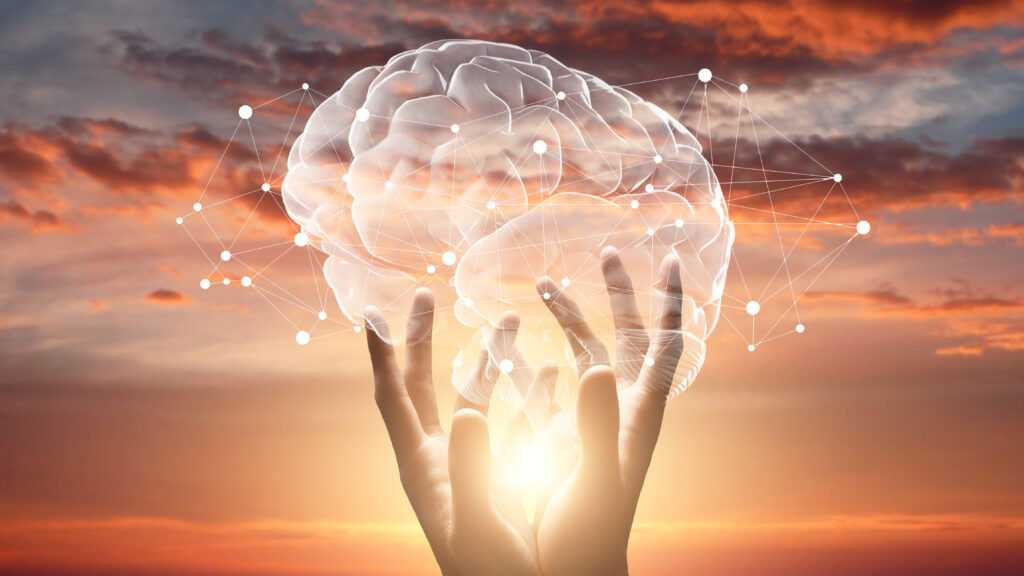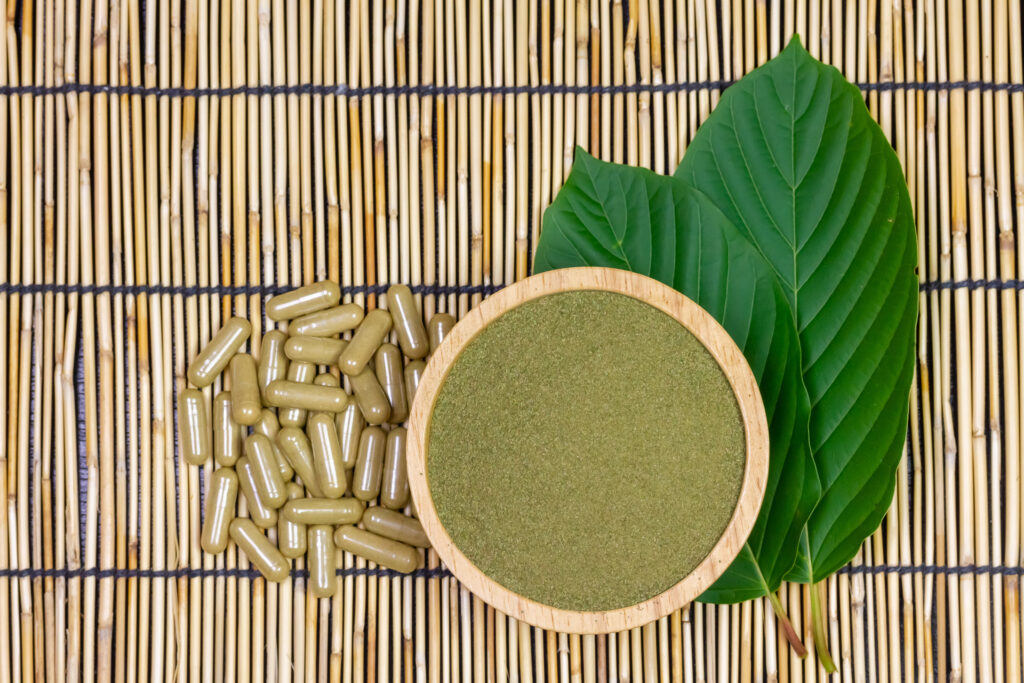Addiction is a disease of the mind. Because addiction affects the same organ that we use to think and reason, it makes this disease especially tricky. People with addiction are often the last ones to accept and admit that their drug use or drinking is out of their control.
Addiction plays tricks on us. We rationalize our opioid abuse or blame our excessive alcohol consumption on stress. We minimize our use or deflect blame. A person caught up in the throes of addiction will do or say just about anything to keep taking those painkillers, snorting heroin, or smoking crystal meth.
Do you ever find yourself wondering: Am I an addict?
This Redemption Recovery self-quiz may help you decide. We’ll also help you understand the options at our Ohio addiction treatment center, including the partial hospitalization program, IOP, sober living, and more.
Am I an Addict? An Addiction Self-Quiz
Below are 12 questions for you to ask and answer yourself. You don’t need to submit your answers. They are for you alone. As Ohio’s leading addiction treatment center, Redemption Recovery has a responsibility to not only treat people suffering from addiction but to raise awareness. Often, the biggest obstacle to recovery in the very beginning is simply admitting the truth. That you don’t have control over what substances you use or how much, that, no, you can’t really “stop any time you want to.” The hard, cold truth that you are addicted.
Are you an addict?
This quick self-quiz could help you figure it out and decide what to do next.
- Do you find yourself using drugs or drinking more often than you originally planned?
For example, do you promise to use or drink only on the weekends, only to break the promise and indulge during the week? Is this a regular occurrence? Getting ‘temporary amnesia’ and using more than you intend can be a sign of addiction.
- Have you unsuccessfully tried to ‘cut back’ on your opioid use, alcohol consumption, or use of any other drug or intoxicant?
Do you set a limit for yourself on how much weed you’ll smoke, how many painkillers you will take per day, or how much you will use another drug but find you keep exceeding your limit? An inability to abstain or limit your use is a primary warning sign of addiction.
- Do you spend a significant amount of time thinking about getting or using drugs?
Take an honest look at your behavior and lifestyle. How much time do you spend each day thinking about how to get drugs or money for drugs? How often do you think about using during the day? Is it more than once?
- Would you cancel a fun five-day vacation with friends if it meant no drugs or alcohol?
Addiction has a way of slowly reordering our priorities, little by little, until the drug or drink becomes the most important thing in our life. Refusing to go somewhere you would ordinarily enjoy with people you like, simply because you could not use or drink there—and no other reason—is a major red flag for addiction.
- Has your drinking or drugging negatively impacted your relationships with family, friends, or co-workers?
As addiction to your drug of choice becomes the priority, relationships are inevitably neglected. You may become moody or irritable or angrily brush off concerns about your drug use. Negative impacts on relationships that can be connected to using or drinking are a sign of addiction.
- Have you neglected responsibilities at work, school, or home due to your substance use?
It’s rare that drug or alcohol abuse does not eventually impact your work or academic performance or cause a person to shirk responsibilities at home. Whether it’s turning up to work late or calling out sick, or failing to pay your rent or bills on time—-look for signs like these.
- Do you continue to use drugs or drink despite negative consequences?
A hallmark of addiction is continuing to use despite facing serious consequences. Non-addicted individuals typically stop when problems arise. If you’ve gotten a DUI or DWI or ruined relationships due to substance use but still continue, these are serious indicators of a substance use disorder.
- Have you developed a tolerance, needing more of the substance to achieve the same effect?
This one is easy to measure. Think about how many painkillers you took when you first started or how many lines you snorted. How many drinks per night? Does it take you more than that now to achieve the same level of satisfaction? Developing a tolerance is a sign of dependence and addiction.
- Have you experienced withdrawal symptoms when you try to stop using substances or engaging in behaviors?
Experiencing withdrawal when you stop drinking or using a drug for a while indicates that you have a physical dependence on that substance. Your body has become so used to it that when it’s gone, it throws your brain chemistry out of balance. If you’re using something enough to have withdrawal and it isn’t something you are taking exactly as prescribed—there is an excellent chance that you’re addicted.
- Do you use drugs or drink to cope with stress, anxiety, or other emotional issues?
We’ve all seen the classic TV and movie trope where the hero pours a big glass of whiskey after getting some bad news. But using drugs or alcohol as a coping mechanism is a sign of addiction, especially when it’s a regular behavior. Is taking a drink or a drug your first instinct when you are stressed, worried, or emotional?
- Have you lost interest in activities or hobbies that you once enjoyed because of your substance use?
This one may seem a bit cliche, but it’s true. As we said earlier, addiction gradually makes the drug or drink the most important thing in your life. Eventually, it leaves little room for anything else. Have you stopped playing a sport you once loved or put down your guitar? Stopped writing, painting, or drawing? Is your drug of choice taking the place of other things that used to matter more to you?
- Have you experienced financial, legal, or health problems as a result of drug use or drinking?
Addiction comes with consequences. It’s only a matter of time. You may imagine the rules don’t apply to you or that you can ‘outsmart’ your addiction. If so, you’re wrong. Have you had money problems due to using? How about legal consequences or health trouble? If you’re addicted, chances are you’ve had at least one of those, and the other two aren’t far behind.
Checking Your Addiction Self-Quiz Results
Scoring our addiction self-quiz is simple. If you answered ‘yes’ to one or more of the questions above, then there is a fair chance that you’re addicted. If you answered ‘yes’ to four or more, then there is an excellent chance you’re addicted.
Of course, only a trained medical professional at an addiction treatment center can formally diagnose a substance use disorder. They can also make addiction treatment recommendations. The most important thing to know about addiction in the beginning is that you can’t beat it alone.
But—-you can beat it. If you are willing to try a different way of living, open-minded enough to follow some simple directions, and capable of becoming honest with yourself and others, then your chances of recovering from addiction are better than most!
Ohio’s Favorite Addiction Treatment Center for a Reason
Addiction is the wiliest enemy you will ever face. Why would anyone want to face it alone? Redemption Recovery is Ohio’s favorite addiction treatment center for one simple reason—our uncompromising, patient-centered focus.
We’re not a giant drug and alcohol rehab where you’ll feel like a number. Here, we offer a top-notch partial hospitalization program, an intensive outpatient program, medication-assisted treatment, and a connection to detox and sober living.
Redemption Recovery has all the features of a large, corporate addiction treatment center, except it has a heart. We have a smaller patient population, and a local, hometown feel that ensures every patient knows they are seen and cared for.
One phone call can change it all.
It’s time for Redemption: (419) 528-8007
Find out what addiction treatment your insurance will cover here.





